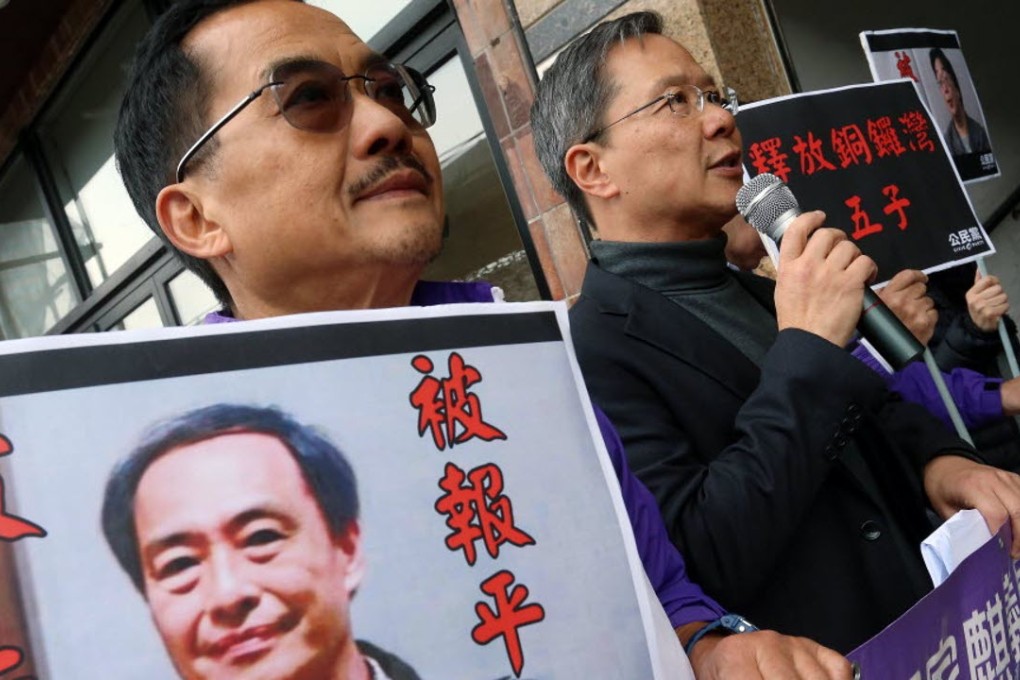City Beat | Clear explanation needed on missing Hong Kong booksellers before case causes political damage
Mainland officials could face questions at annual sessions in Beijing, political allies could lose out in Legislative Council elections

It’s common sense that missing a good opportunity to provide an explanation, instead of delaying it and offering one that’s not very convincing and raises more questions than answers, can be fatal in any crisis management.
So have the mainland authorities missed the best timing to provide Hongkongers and the international community a logical answer to the mysterious disappearance of the five booksellers, two of whom are foreign passport holders?
To many in Hong Kong, the answer at this stage seems to be an obvious “yes”.
Though more details of the case are yet to be revealed, what has been reported so far by the official mainland media has not only failed to clear public doubts but created quite an embarrassment for both governments.
The latest official clue as to what could have happened was a video released last week by state broadcaster CCTV of Gui Minhai, who disappeared without trace in Thailand about three months ago.
But the story Gui told, of being tortured by his conscience for killing a girl in a drink-driving accident 12 years ago and thus deciding to turn himself in, didn’t change the negative perception among quite a few people.
Neither did a letter from another missing bookseller, Lee Po, accusing Gui of dragging him into trouble, help much to clear the air.
